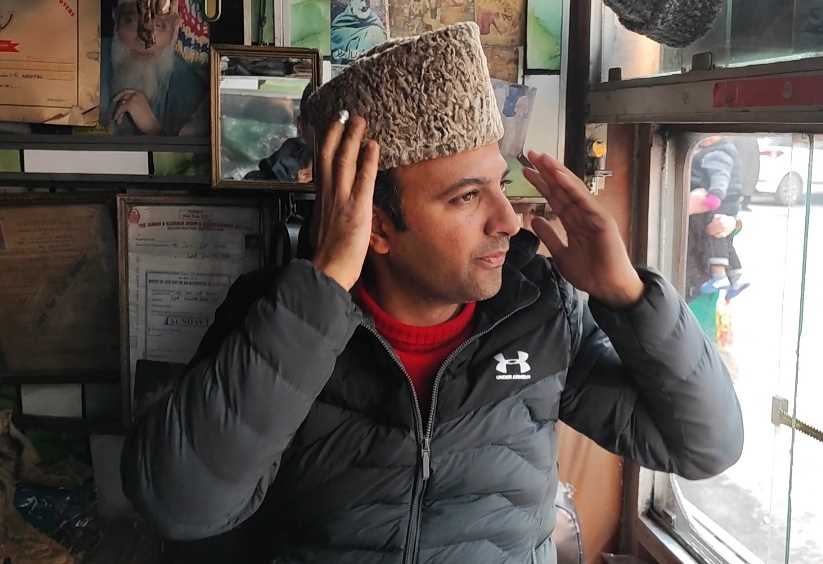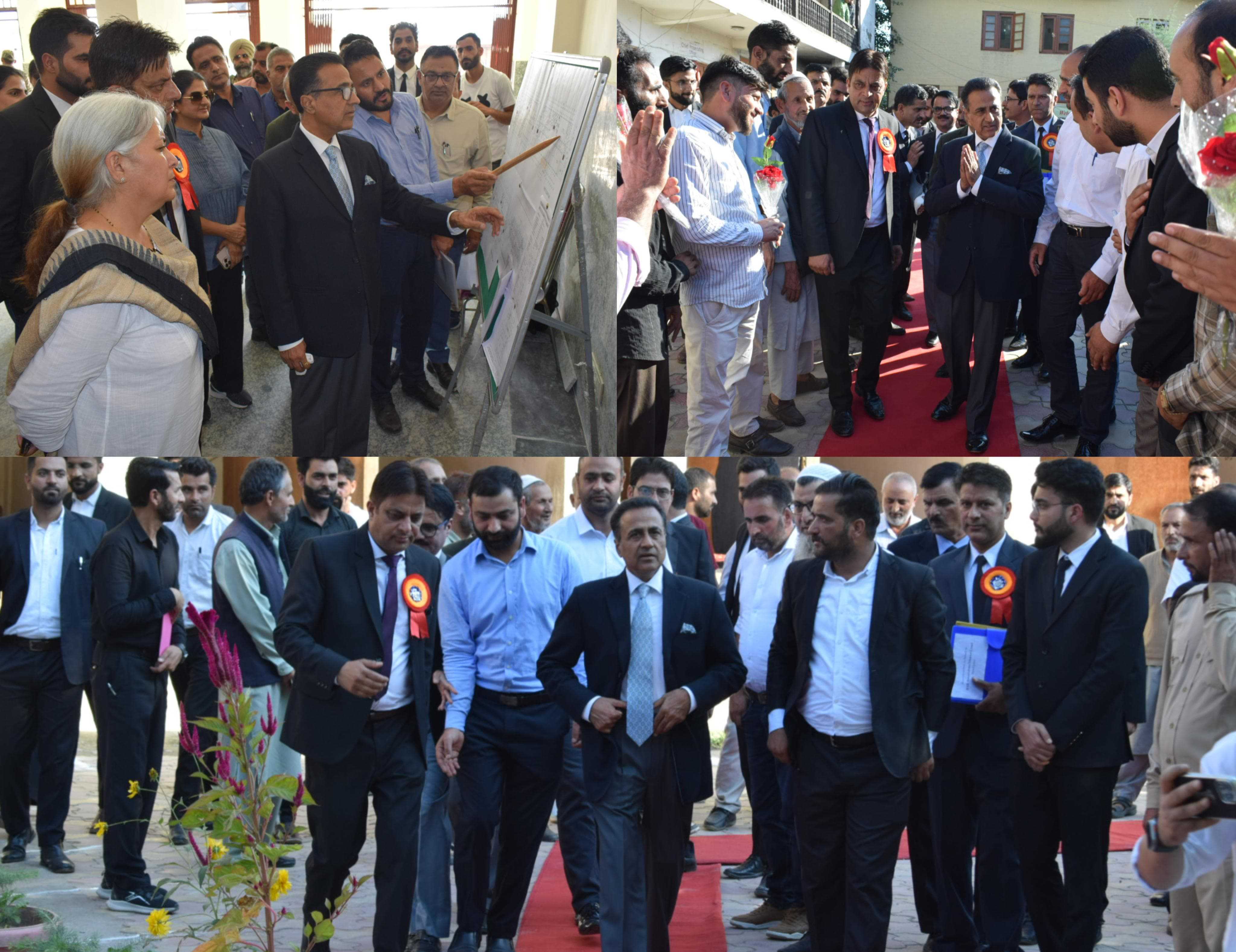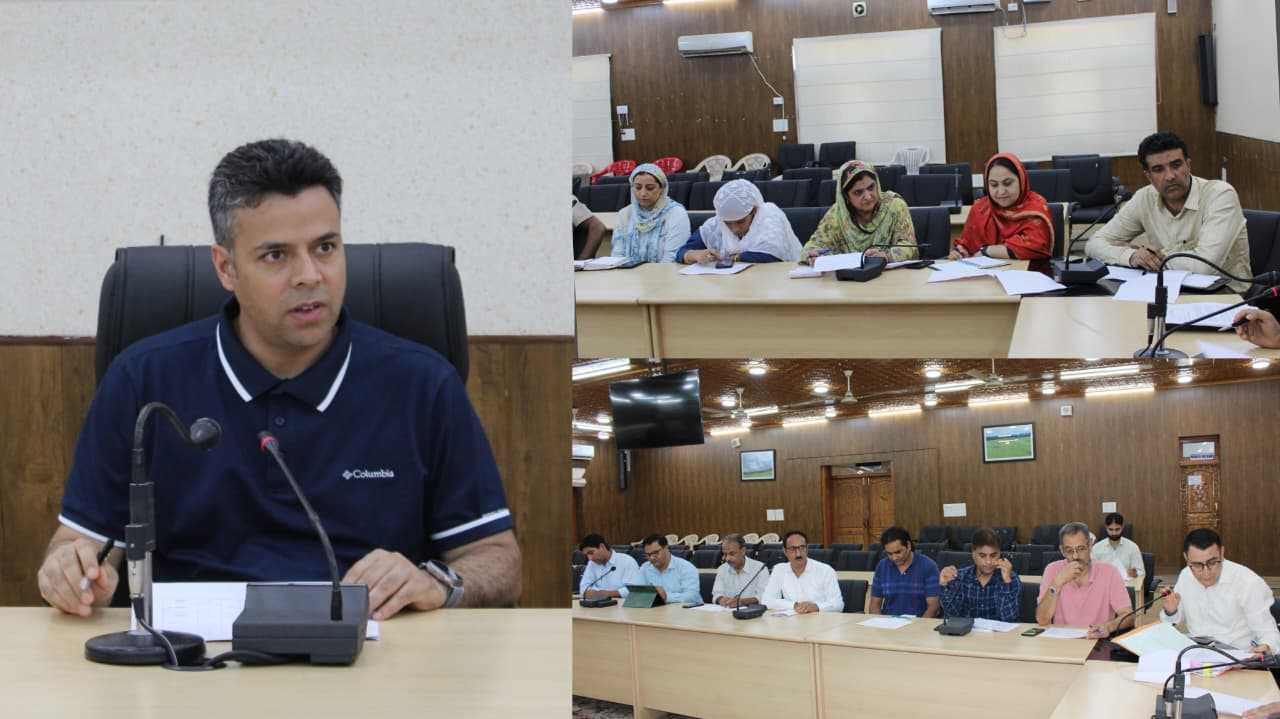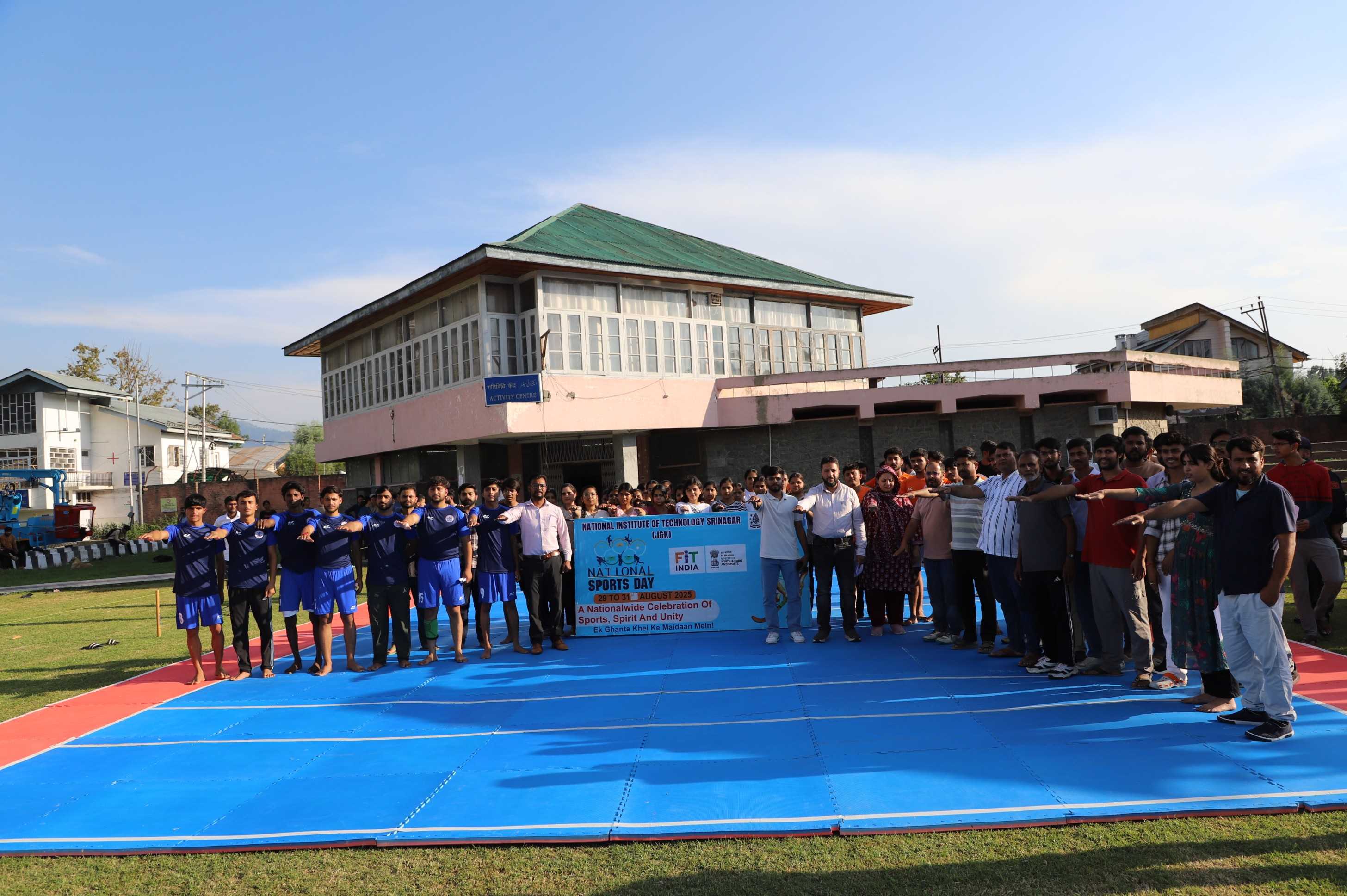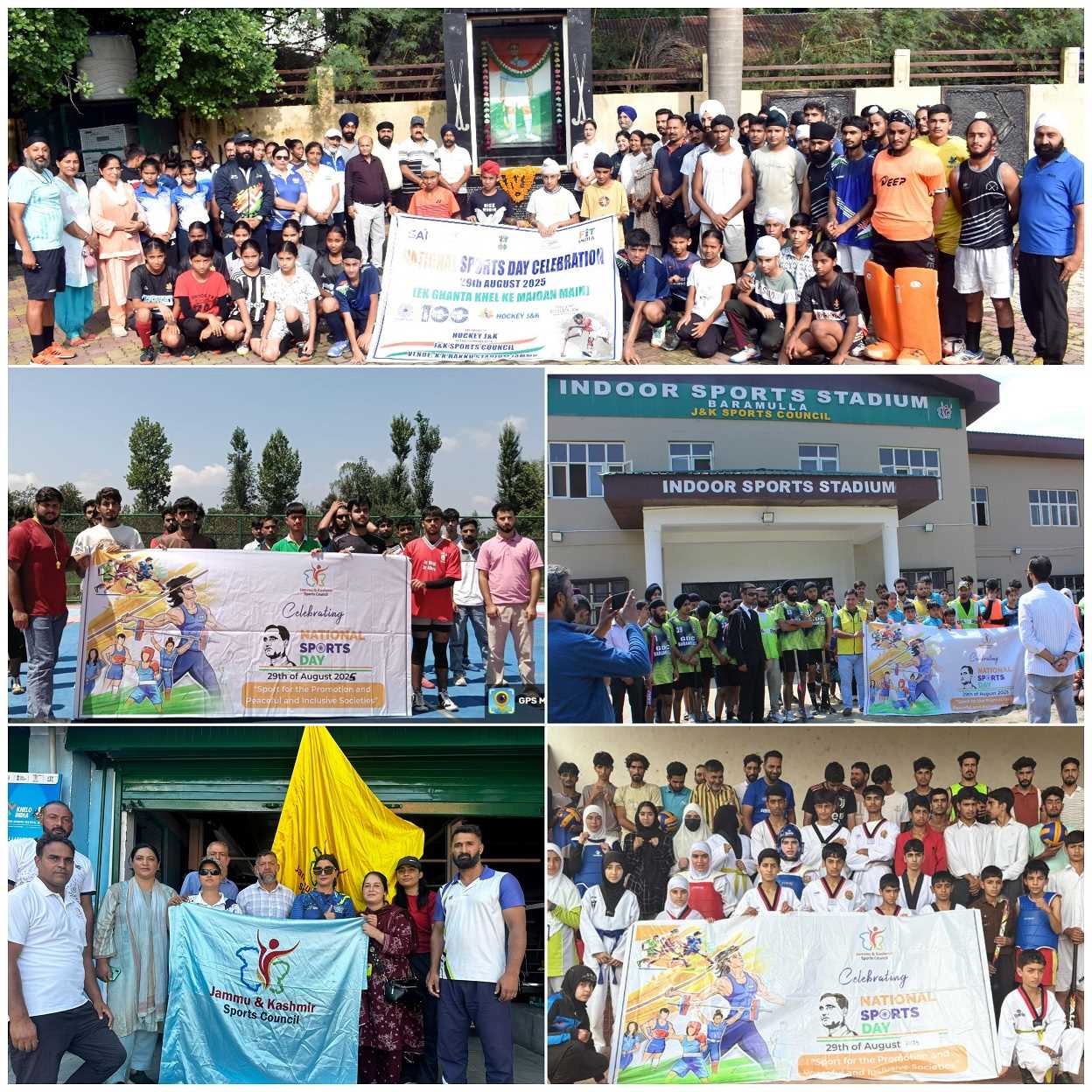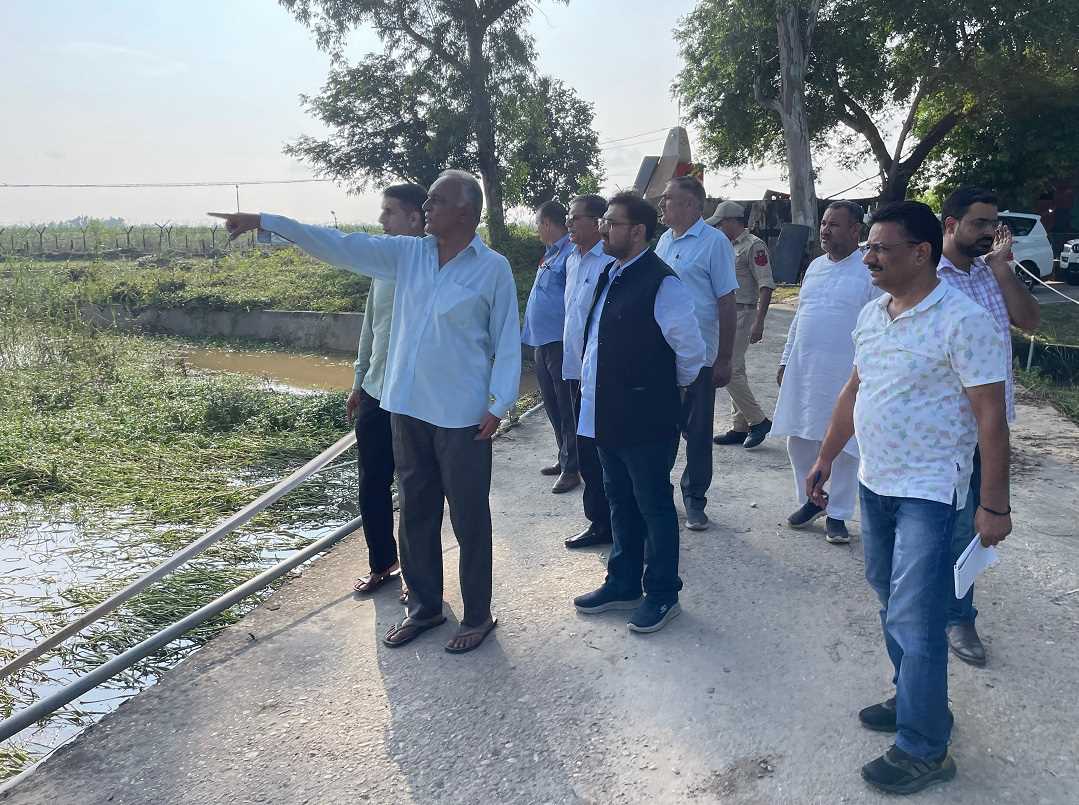A Karakul or Qaraqul hat is a hat made from the fur of the Qaraqul breed of domestic fat-tailed sheep which has its origins in Bukhara, Central Asia. Karakul directly translates to black fur in the Uzbek language. In terms of design, the hat is peaked and folds flat after being taken off from one’s head. The cap is commonly worn by Muslim men in Central and South Asia.
Jan Cap House in Srinagar is one of the Kashmir Valley’s oldest hat shops and has a history going back to the first half of the 20th century.
Located in Srinagar’s Nawa Bazar area, Jan Cap House is currently owned and run by Muzaffar Ahmad Jan. Brighter Kashmir spoke to Muzaffar and he told us that the shop has been in existence since his grandfather, Ghulam Mohammad Jan’s time.
“The shop has been around for a long time. I can recall that in 1944, my grandfather, Ghulam Mohammad Jan Sahib, made a cap for Mohammad Ali Jinnah (Founder of Pakistan). Jinnah had come to Srinagar on a visit and purchased the cap. In 1984, my father presented a cap to former Prime Minister Rajiv Gandhi. In 2014-15, when floods had affected large parts of the valley and Prime Minister Narendra Modi was on a visit here, I had presented a cap and a Pheran from our shop to him. We have even made a cap for the former King of Oman, Qaboos bin Said.”
Muzaffar told BK News that he has made caps for a lot of people, including ministers, politicians and bureaucrats.
“People like Salman Khurshid, Assaduddin Owaisi, Lalu Prasad Yadav, Ghulam Nabi Azad, Farooq Abdullah, Peerzada and the Deputy Commissioner of Srinagar have all purchased caps from Jan Cap House. We sell caps all over India, especially in places like Hyderabad, Lucknow, and several states. Our price range starts at Rs.500/- . We have five or six designs in our repertoire. Some people like Karakul caps that have high peaks, others like smaller peaks. There is the Afghani style, a Jinnah style, a Gandhi cap style, besides a V.P. Singh caps and caps made in popular Russian patterns. There is also a six-sided cap.
The fur for the Karakul hat/cap is usually obtained from a newly-born sheep, which gives it its tough and curly texture, and its specific patterns.
Muzaffar informed that he also makes Pakol, a soft, flat, rolled-up, round-topped men's cap, usually worn in South and Central Asia. It is typically made of wool and is available in a variety of earthy colours, such as brown, black, grey, ivory, or dyed red using walnut. The Pakol is believed to have originated in Chitral, or Gilgit-Baltistan in Pakistan. Shaped like a beret, a wearer can regulate and adjust the sizes to fit the weather, mood and sizes. It is especially good for colder climates.
The Jan family has been designing, crafting and manufacturing the Karakul/Qarakul caps for about 125 years, according to one report. These caps have been seen as symbols of prestige.
Kashmiri craftsmen have mastered the art of making the Karakul cap. The raw material for these caps usually comes from Afghanistan and other parts of Central Asia. The craftsman first stitches the skin into a cylinder shape and then places it over a wooden head-shaped mould called the Qalib. Then the hat is pounded with a small bat until it gets into a rectangular shape and finally it is hand-stitched on the edges and is ready to wear.
